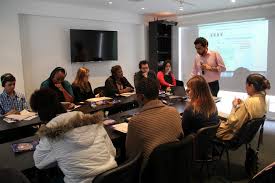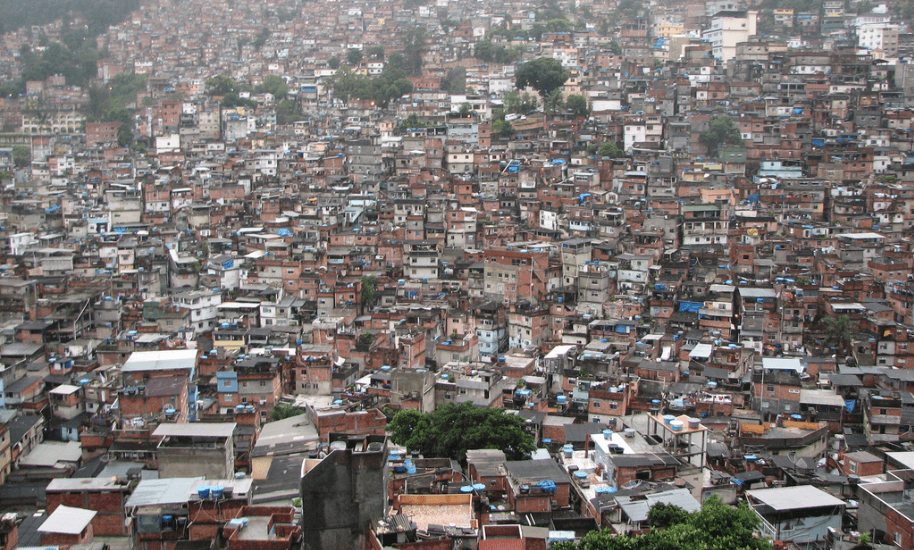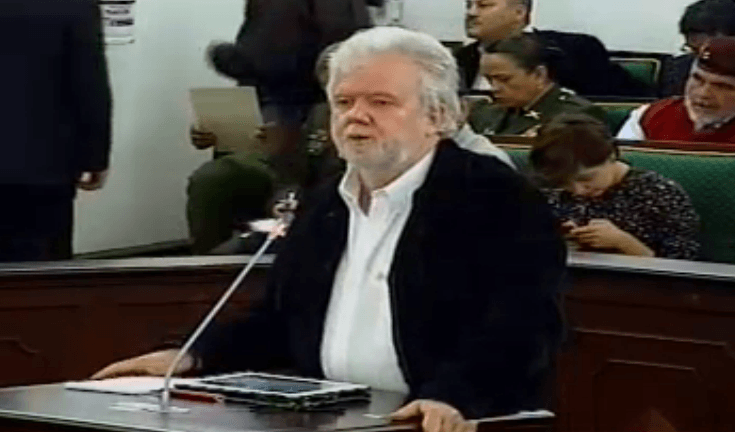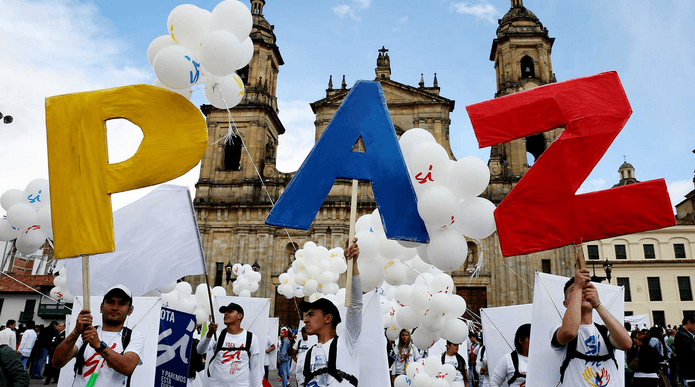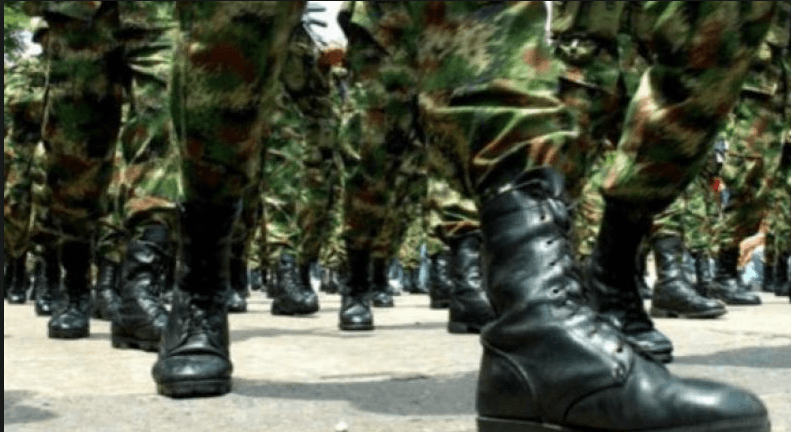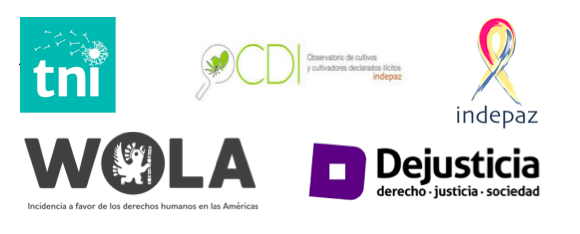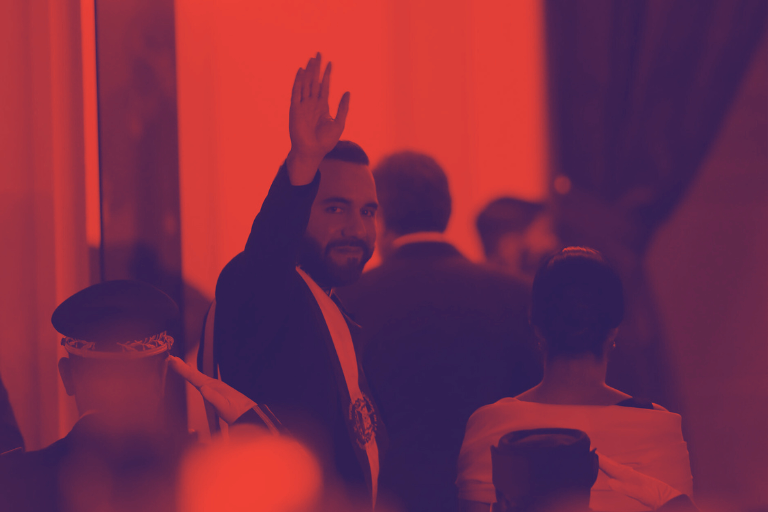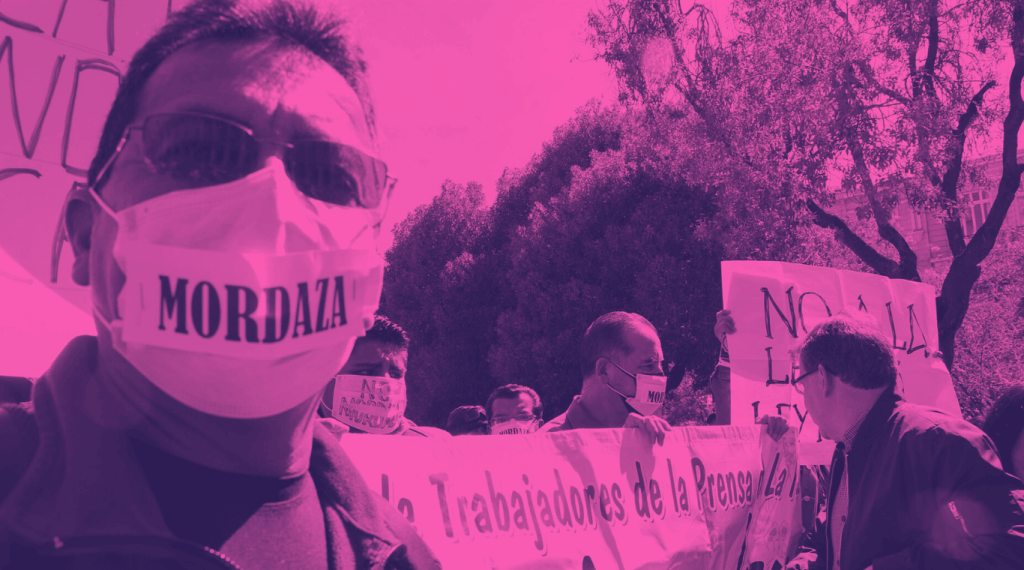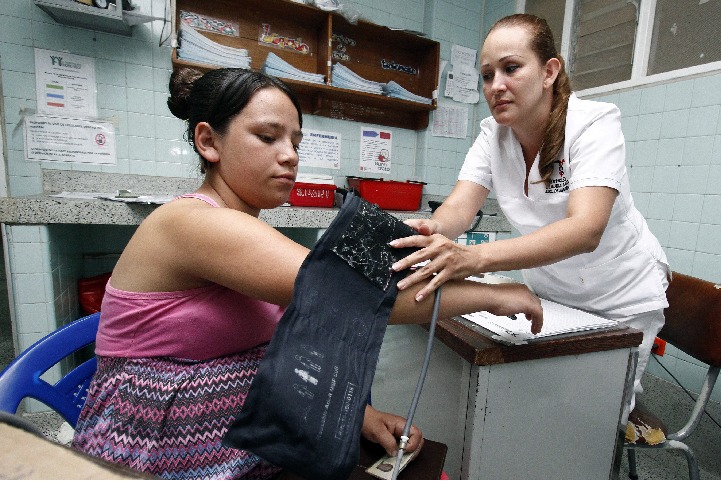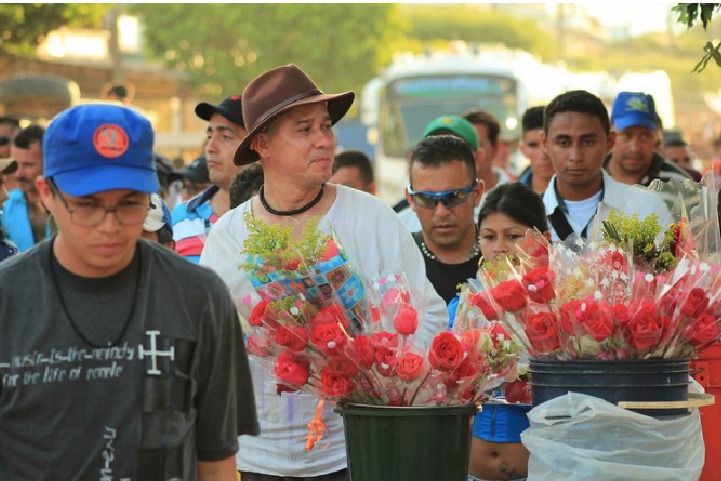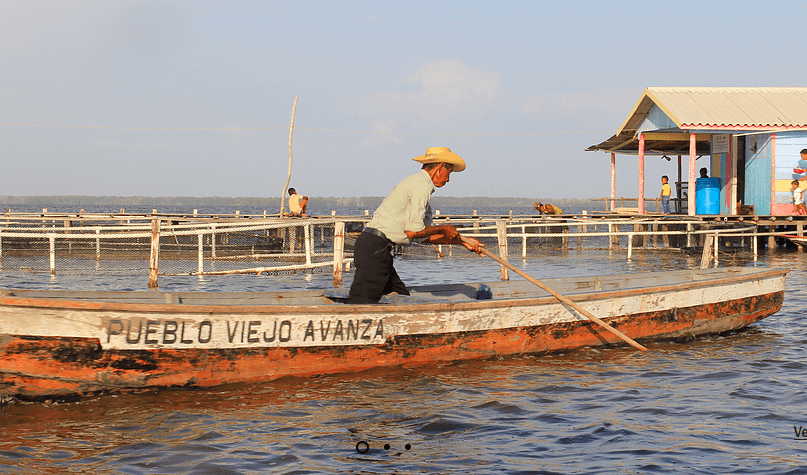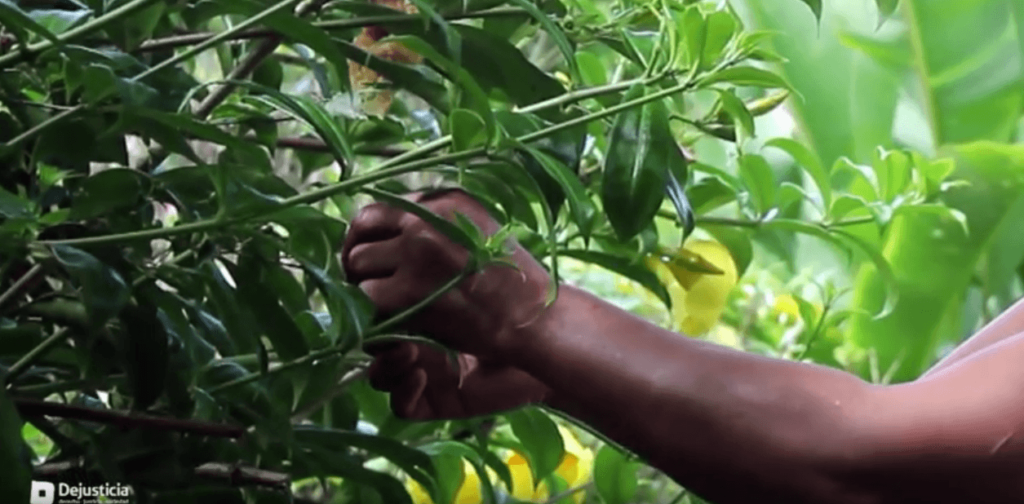News
LATEST IN COLOMBIA

News
Call for applications to the fifth Global Action-Research Workshop is now open
By |
The theme of Dejusticia’s fifith annual Global Action-Research Workshop in 2017 will be reopening civil society spaces in the Global South. Dejusticia invites applications from young professionals from the Global South who are engaged in advocacy around this theme until the 31st of March
Fiscal policy is a tool to fight poverty: communicated to the IACHR
By |
Dejusticia and other organizations presented this press release to the Inter-American Commission on Human Rights (IACHR), which offers some comments from civil society to the Commission’s preliminary report on Poverty and Human Rights in the Americas. The group of organizations welcome the initiative of the Commission to produce this report. We also emphasize the urgency of having normative standards that, at the inter-American level, serve as concrete parameters for analyzing the efforts of States to phase out poverty and extreme poverty.
What is the balance of the constitutional reform project on the JEP?
By |
On February 14, Rodrigo Uprimny participated in the hearing convened by the First Committee of the Senate to discuss the constitutional reform project that creates the Special Jurisdiction for Peace (JEP) and regulates the special treatment of the Public Force. This reform is two debates from being approved by the Senate. Find here the document on which your intervention was based and which gives an overview of this project
The Integral System of Truth, Justice, Reparation and Non-Repetition, as the axis of the purposes of coexistence and peace: joint statement
By |
The civil society organizations and academics who subscribe to this document agree that we are facing a unique opportunity for the changes and adjustments that our democracy requires to definitively overcome the causes and consequences of the armed conflict and to guarantee the stability and durability of peace.
Five points that concern us about the Special Jurisdiction for Peace and the special treatment of the public force
By |
The House of Representatives has already approved the constitutional reform that creates the Special Peace Jurisdiction (JEP) and regulates the special treatment to the public force. This project, which will give life to the transitional justice mechanism to investigate and punish the crimes committed during the conflict, is two debates in the Senate from becoming a reality.
Joint communiqué on the implementation of the Peace Agreement in the territories with coca and marijuana crops in Colombia
By |
Dejusticia, the Transnational Institute of the Netherlands, WOLA and OCDI-Indepaz sign joint communiqué on anti-drug policy in the implementation of the peace agreement.
I don’t care if they call me a dictator.
By Dejusticia |
During his six years in office, Bukele has consolidated his power, paving the way to become the dictator he appears to be announcing himself as.
NGOs at risk of global extinction
By Dejusticia |
How can non-governmental organizations transform themselves? What were they like when they did not depend on international funding?
Colombia: going back to the original balance of justice
By Paola Molano Ayala |
There is a crucial aspect of Colombia’s transitional justice model that is worrying: the current inability of the Special Jurisdiction for Peace (JEP) to offer legal security to those who participated in the conflict, including in human rights violations, and have not been identified as among the most responsible. And making sure they also contribute to the satisfaction of the rights of the victims. The JEP must avoid keep moving towards maximalist approaches and go back to the balance in the Peace Agreement.
Elementa DD.HH. y Dejusticia presentamos un amicus en el proceso que adelanta el Asocazul y Cajar por afectaciones derivadas de aspersiones con glifosato
By Dejusticia |
El glifosato causó daños irreversibles a los campesinos del sur de Bolívar y el Estado debe repararlos. Así lo argumentamos en una intervención ante el Consejo de Estado.
Colombia must obtain resources to guarantee the right to health of Venezuelan migrants: Constitutional Court
By Santiago Ardila Sierra |
The high court protected the right to health of two undocumented Venezuelans and requested the government to advance as “expeditiously and effectively as possible” towards the full realization of migrants’ right to health, regardless of their immigration status. Dejusticia intervened in the case.
Dejusticia intervenes in defense of Venezuelan migrants’ right to health
By Dejusticia |
The Constitutional Court invited Dejusticia to present their legal opinion on two cases concerning the right to health of people coming from Venezuela.
The long wait of the JEP ahead of the decisions of the Constitutional Court and Congress
By Dejusticia |
In the last six months civil society organizations, such as Dejusticia, have called on both institutions to give free rein to the norms that consolidate the Special Jurisdiction for Peace.
Case of indigenous people of Bojayá who could not vote in the plebiscite is about to reach the Court
By Mauricio Albarracín |
Through a tutela, a group of Emberá claimed their rights to political participation and equality, because their economic situation and how far they live made it impossible for them to move to endorse the Peace Agreement. Dejusticia, human rights organizations, and indigenous leaders asked the High Court to review the case.
The Constitutional Court has the last word to save the Ciénaga Grande of Santa Marta
By César Rodríguez Garavito |
The environmental crisis of this ecosystem led fishermen to pursue a legal battle that reached the High Court. In this intervention, we support their demand that environmental authorities take urgent measures to stop the disaster and thus, protect their rights to healthy environment, dignified life and work.
Gender focus in rural reform is important but insufficient
By Ana Jimena Bautista |
The Gender-in-Peace Working Group -GPAZ, a group of which Dejusticia is a member, took part in the Public Hearing convened by the Constitutional Court, within the framework of the informal constitutional review of Decree 902 of 2017 “to facilitate the implementation of the Comprehensive Rural Reform contemplated in the Final Land Agreement, specifically the procedure for access and formalization and the Land Fund.”
Stories
From The Territory
We travel with 20 indigenous activists of the world to the heart of the Sierra Nevada de Santa Marta. Listen to this story about the Kankuama Resistance.
Dejusticia's
Documentaries
Discover some of the documentary pieces that we have made. Indigenous resistance, migration of Venezuelans to Colombia and stories of women coca growers, are some of our topics of interest.
